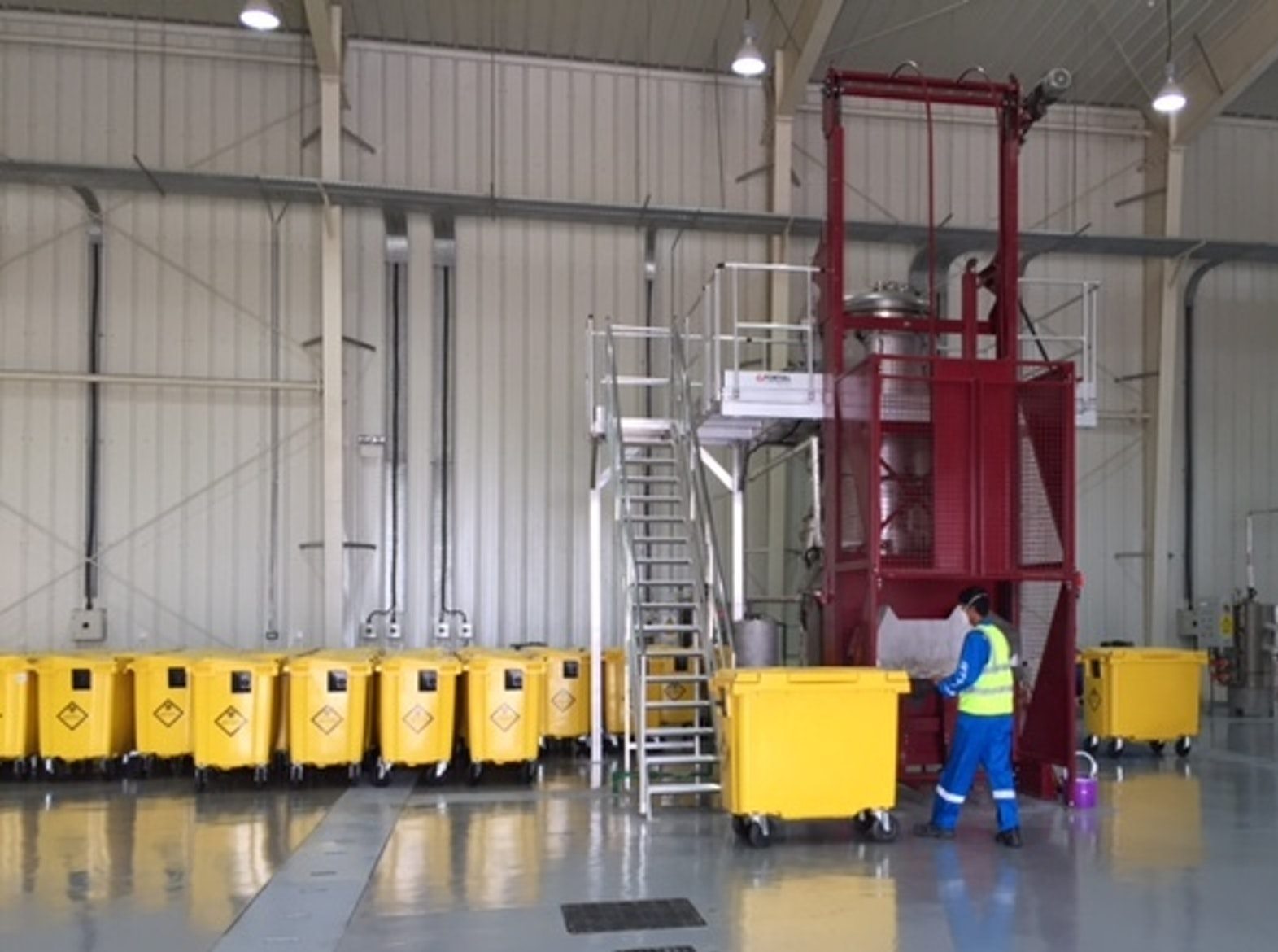

The large amounts of medical waste generated by hospitals in the Sultanate, including bio-hazardous refuse associated with the treatment of novel coronavirus patients, are either incinerated or autoclaved as part of their safe disposal, according to a high-level official of the Oman Environmental Services Holding Company (be'ah), the Sultanate’s solid waste management flagship.
Shaikh Mohammed Sulaiman al Harthy (pictured), Executive Vice President, said specialist service providers currently operate three dedicated healthcare waste treatment facilities distributed across the Sultanate.

He made the comments while participating in a webinar hosted on Thursday by Evreka, a Turkish-based international solutions provider for smart waste collection and city cleaning operations. A number of international waste management experts took part in the hour-long panel discussion on the theme, ‘Will the Pandemic have Lasting Impacts on the Waste Management Industry?’
State-owned be’ah currently has modern medical waste treatment plants in operation at Al Multaqa (Muscat Governorate), Liwa (North Al Batinah Governorate) and Thamrait (Dhofar Governorate). All waste streams emanating from health centres and medical institutions are safely disposed of via the use of internationally proven incineration and autoclaving methods.
While the handling of medical waste has long been governed by well-established safety guidelines, municipal waste – on the other hand – has required the adoption of special precautions to secure workers from possible exposure to COVID-19, said Al Harthy.
“We have guidelines in place to ensure the safety of workers handling municipal waste. They are required to wear personal protective equipment (PPE), keep a certain distance between themselves (and the public), avoid touching their faces, and so on.”
However, one specific challenge that would need to be addressed relates to waste emanating from homes and private institutions where COVID-19 sufferers are being quarantined or isolated. Such waste is presently handled through normal municipal collection channels and is disposed of in sanitary landfills, said Al Harthy, pointing out that Health Ministry guidelines stipulate that any waste from such households should be double-bagged. He noted in this regard the potential for use of technology in the future to help map out such homes so that any waste from them can be handled with increased care.
The official credited be’ah’s decision to have business continuity plans in place for its success in delivering uninterrupted waste management services despite the pandemic. The company is also assisted by a string of world-class service providers who handle all manner of waste streams across the country, he added.
Oman Observer is now on the WhatsApp channel. Click here



